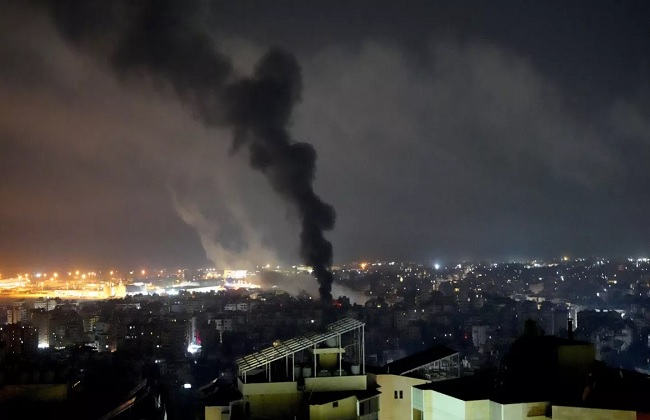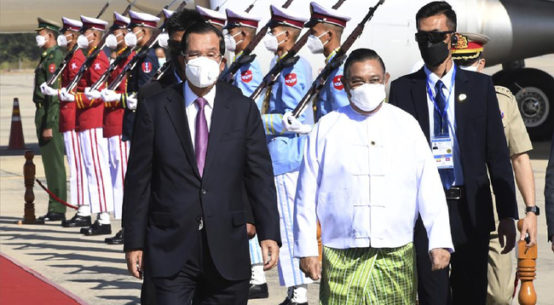
Israel said Saturday that it killed Hezbollah leader Hassan Nasrallah, dealing its most significant blow to the Lebanese militant group after months of fighting. There was no immediate confirmation from Hezbollah.
Nasrallah becomes the latest, and by far the most powerful, target to be killed by Israel in weeks of intensified fighting with Hezbollah. The army said that several top Hezbollah commanders were killed along with Nasrallah in a powerful airstrike Friday. The military said it carried out a precise airstrike while Hezbollah leadership met at their headquarters in Dahiyeh, south of Beirut.
Israel’s Chief of Staff, Lt. Gen. Herzi Halevi, said Saturday that the elimination of Nasrallah was “not the end of our toolbox.” He said that the strike targeting Hezbollah leadership was the result of a long period of preparation.
Ali Karki, the Commander of Hezbollah’s Southern Front, and additional Hezbollah commanders, were also killed in the attack, the Israeli military said. The Lebanese Health Ministry said six people were killed and 91 injured in the strikes Friday, which leveled six apartment buildings.
The Israeli military said it was mobilizing additional reserve soldiers as tensions escalate with Lebanon, activating three battalions of reserve soldiers after sending two brigades to northern Israel earlier in the week to train for a possible ground invasion.
On Saturday morning, the Israeli military carried out several strikes in southern Beirut and eastern Lebanon’s Bekaa Valley. Hezbollah launched dozens of projectiles across northern and central Israel and the Israel-occupied West Bank.
In Beirut’s southern suburbs, smoke rose and the streets were empty after the area was pummeled overnight by heavy Israeli airstrikes. Shelters set up in the city center for displaced people were overflowing. Many families slept in public squares and beaches or in their cars. On the roads leading to the mountains above the capital, hundreds of people could be seen making an exodus on foot, holding infants and whatever belongings they could carry.


